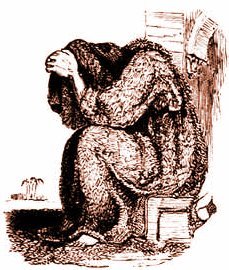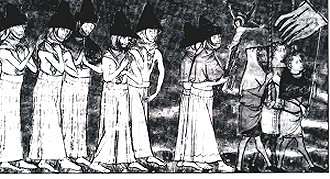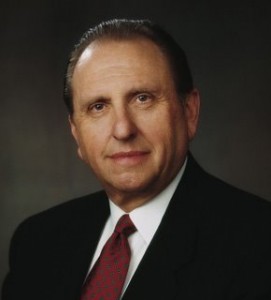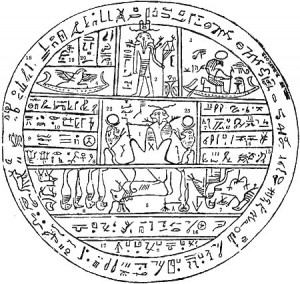 Several months ago, my toddler son found a lot of joy in ripping the internet cable out of the wall. Not just the cable, mind you, but the entire faceplate with the cable still attached. I started having him sit on my lap with his arms forcibly folded right after he did it. He totally hated it, so I knew it was working. After a half-dozen “time outs” (that lasted like 5 seconds each), he stopped pulling the cable out of the wall.
Several months ago, my toddler son found a lot of joy in ripping the internet cable out of the wall. Not just the cable, mind you, but the entire faceplate with the cable still attached. I started having him sit on my lap with his arms forcibly folded right after he did it. He totally hated it, so I knew it was working. After a half-dozen “time outs” (that lasted like 5 seconds each), he stopped pulling the cable out of the wall.
Do I remind him of how he used to pull the cord out of the wall? Do I continue to punish him retroactively for how he was disobedient before he figured it out?
Heavens no. I’m just glad that he is catching on to things and becoming a better, smarter, more obedient boy. Because that is the reason why he was born–to learn these kinds of things.
In fact, that is the reason that all of us were born. Our Heavenly Father sent us down here so that we could learn about how the world works, how relationships are made strong, how our bodies operate, and how to have faith in Him and serve His children. We all make mistakes–sometimes because we don’t know any better, and sometimes even if we do. But that is part of the program. Our whole earth experience is involved in this learning process, and Heavenly Father has given us a lot of help to know what is appropriate and what is not.
Mistakes do count against us, though. So God sent his Son, Jesus Christ, to earth to take upon Him all of the sins and mistakes, sicknesses and temptations, suffering and injustices of the whole earth so that we can ask Him for help and forgiveness when we mess up. Since Christ already paid for our mistakes, we can be made clean again through Him. It is such an amazing and merciful plan. But we have to do our part. We have to repent.
Repentance has kind of a dour connotation. Like dressing up in sackcloth and ashes,

flagellating ourselves (or hitting our faces with boards),

hating our mortality and never forgetting how lowly and evil we are. This is how we feel we should react when we’ve messed up royally, but that isn’t repentance. That’s how Satan wants us to feel, so that we never get around to the actual repenting. Think of my son and the cable faceplate. That is how God sees us. When we do those really stupid things, He corrects us. Sometimes we are thicker than we should be and it takes a long time to realize that what we are doing isn’t good. But when we figure it out, what we need to do is:
1) Recognize that we have been wrong. Ask Christ for His atoning power to make it right.
2) Change our actions. Ask Christ for the strength everyday to make the change.
3) Make it right, if we have wronged someone else. Ask Christ how to do this–He suffered their pains (perhaps inflicted by you) as well as your pains.
4) Promise not to do it again and then not do it again. Ask Christ for help all along the way.
It is a simple process, but it can be extremely difficult. Addictions, habits learned through the years, and even doing things that go against the natural man’s tendencies have to be pulled out by the root. Its hard. But it is possible, everything is possible with Christ’s help. He’s already overcome it, so He knows how to help you do the same.

 Firstly and foremostly, in order to understand these books it must be understood that we believe that God still speaks to man. There is a prophet on the earth today (
Firstly and foremostly, in order to understand these books it must be understood that we believe that God still speaks to man. There is a prophet on the earth today ( of the ancient patriarch Abraham. This book sheds fascinating new light on pre-earth life and the creation (click
of the ancient patriarch Abraham. This book sheds fascinating new light on pre-earth life and the creation (click  Of course not. He just walked across.
Of course not. He just walked across.
